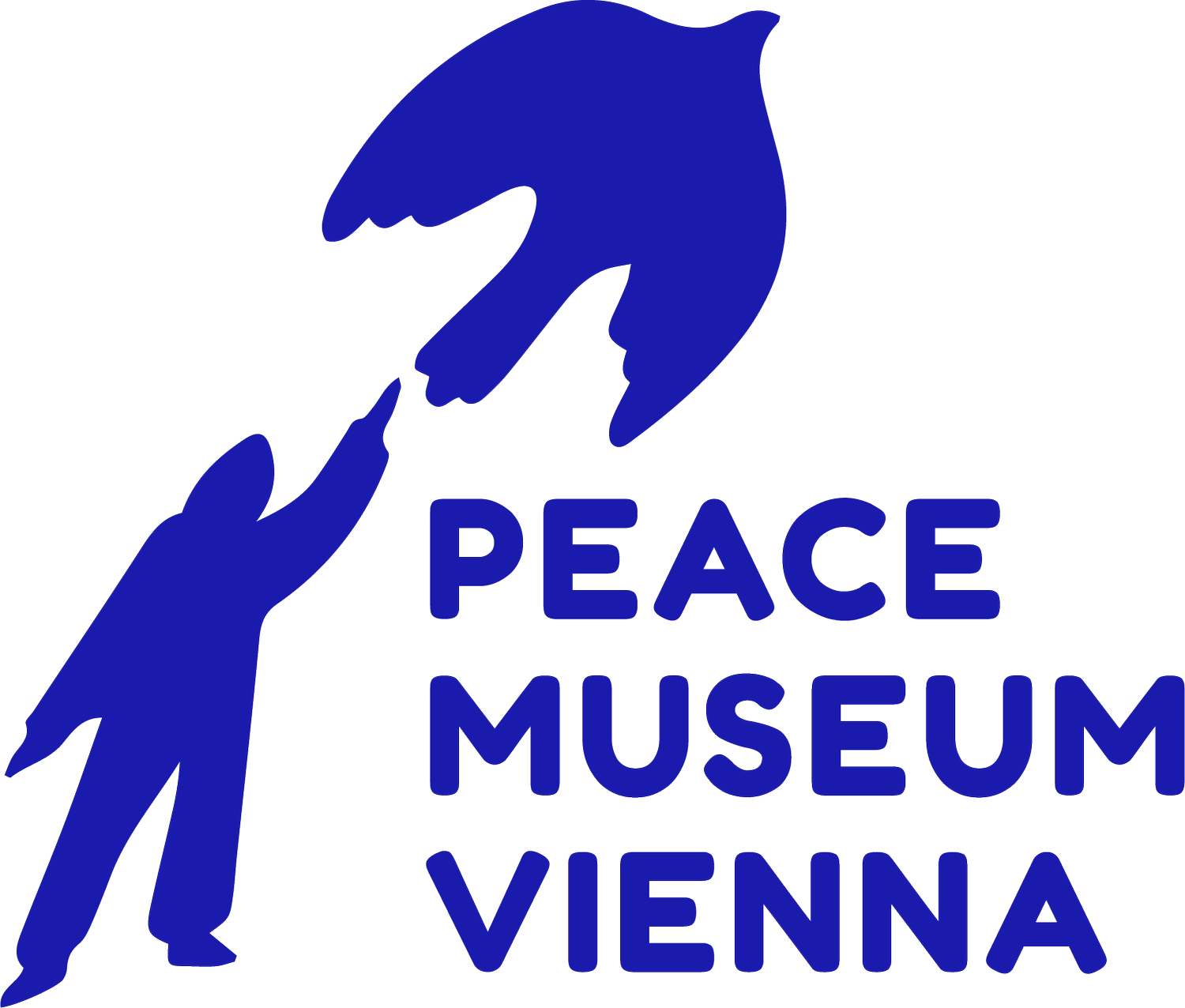Mustafa Abdülcemil Dzhemilev was born on November 13, 1943, in a Soviet village in Crimea, which was later occupied by Nazi Germany. About six months later, his family was deported to Central Asia along with more than 180,000 other Crimean Tatars. He is one of the best-known human rights activists in the region and the chairman of the Crimean Tatar National Movement. He was often persecuted by the communist Soviet regime and later by Russia for his actions and political views. He always supported the development of contact between the Crimean Tatar National Movement and human rights activists and dissidents and regularly called on the governments of democratic countries and the international community to pay attention to the violation of the rights of the Crimean Tatar people. Before the age of 20, he founded an association for Crimean Tatar youth that advocated the return of Crimean Tatars to their homeland. Later, Dzhemilev was convicted five times and spent a total of about 15 years in prison for his fight for the rights of the Crimean Tatar people. In1975, Dzhemilev went on a ten-month hunger strike, the longest ever in a human rights movement, but he survived by being force-fed. In May 1989, he was elected to head the newly formed National Movement of Crimean Tatars, a movement characterized by consistent adherence to nonviolence. That same year, he and his family returned to Crimea, whereupon 250,000 Tatars eventually returned to their homeland. In the 1990s, Dzhemilev became involved in politics. In 1998, he was elected to the Ukrainian parliament in Kyiv as a member of the Narodny Ruch Ukrainy (Ukrainian People's Movement) party and remains a member of the parliament until today. Since the annexation of Crimea by the Russian Federation in 2014, he has been denied access to the island. Dzhemilev has been nominated several times for the Nobel Peace Prize, and in October 1998 the United Nations High Commissioner for Refugees awardedDzhemilev the Nansen Medal for his outstanding efforts and "his commitment to the right of return of the Crimean Tatars."
Street Address
City, State, Zip
Phone Number
Your Custom Text Here

